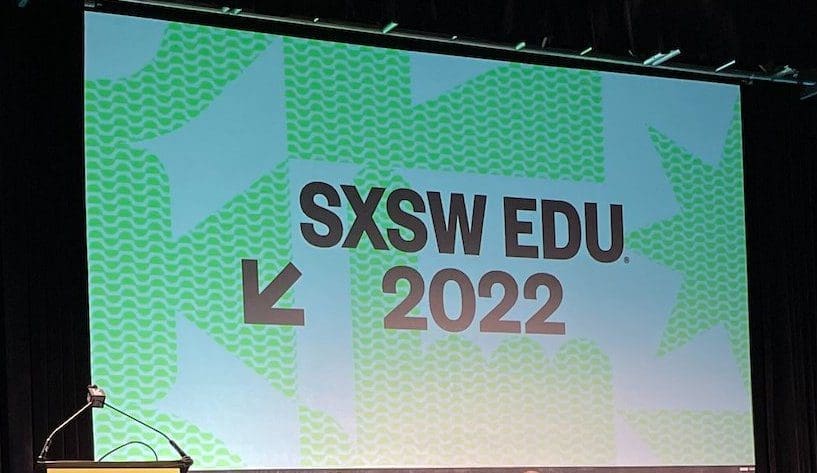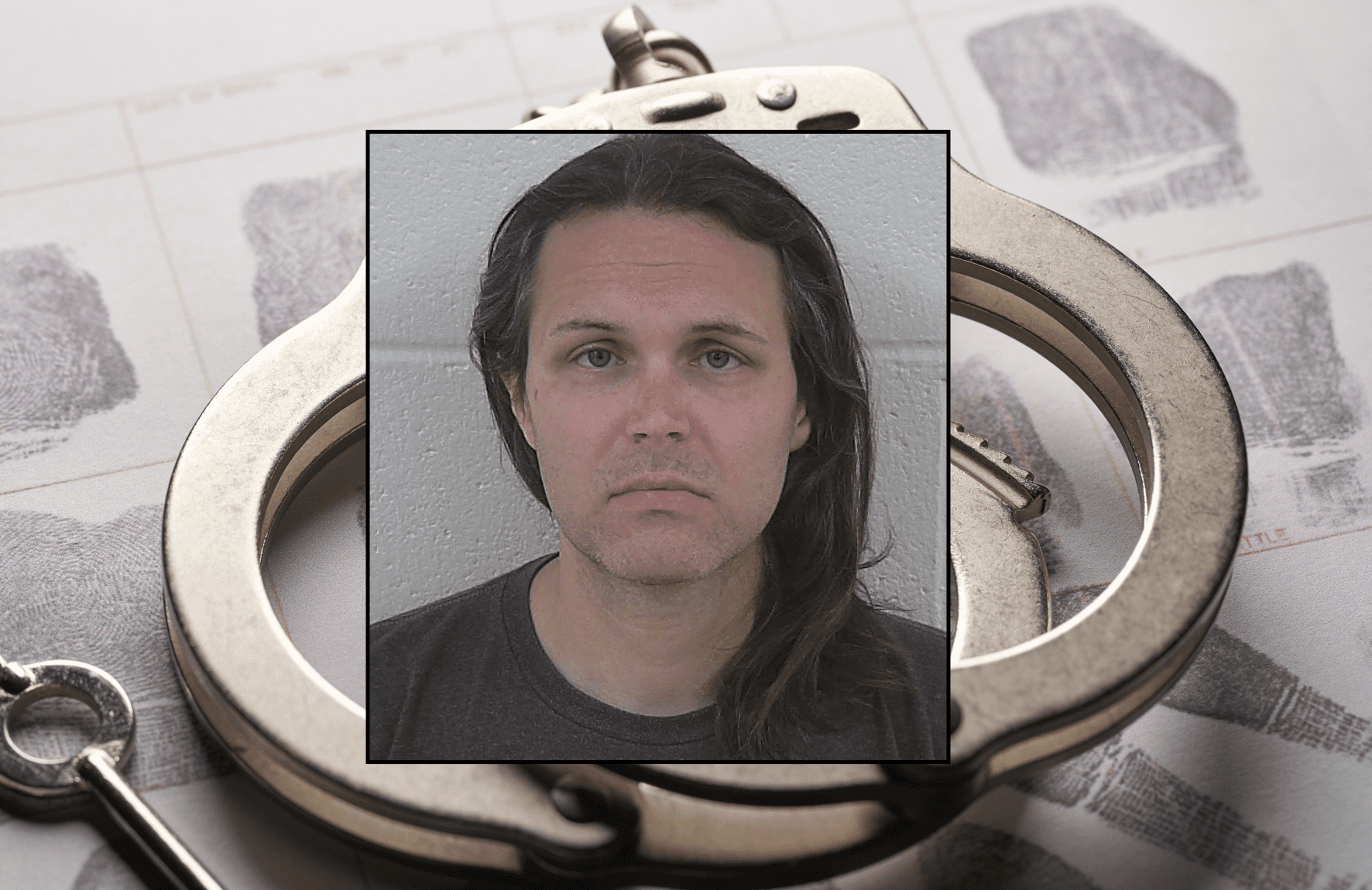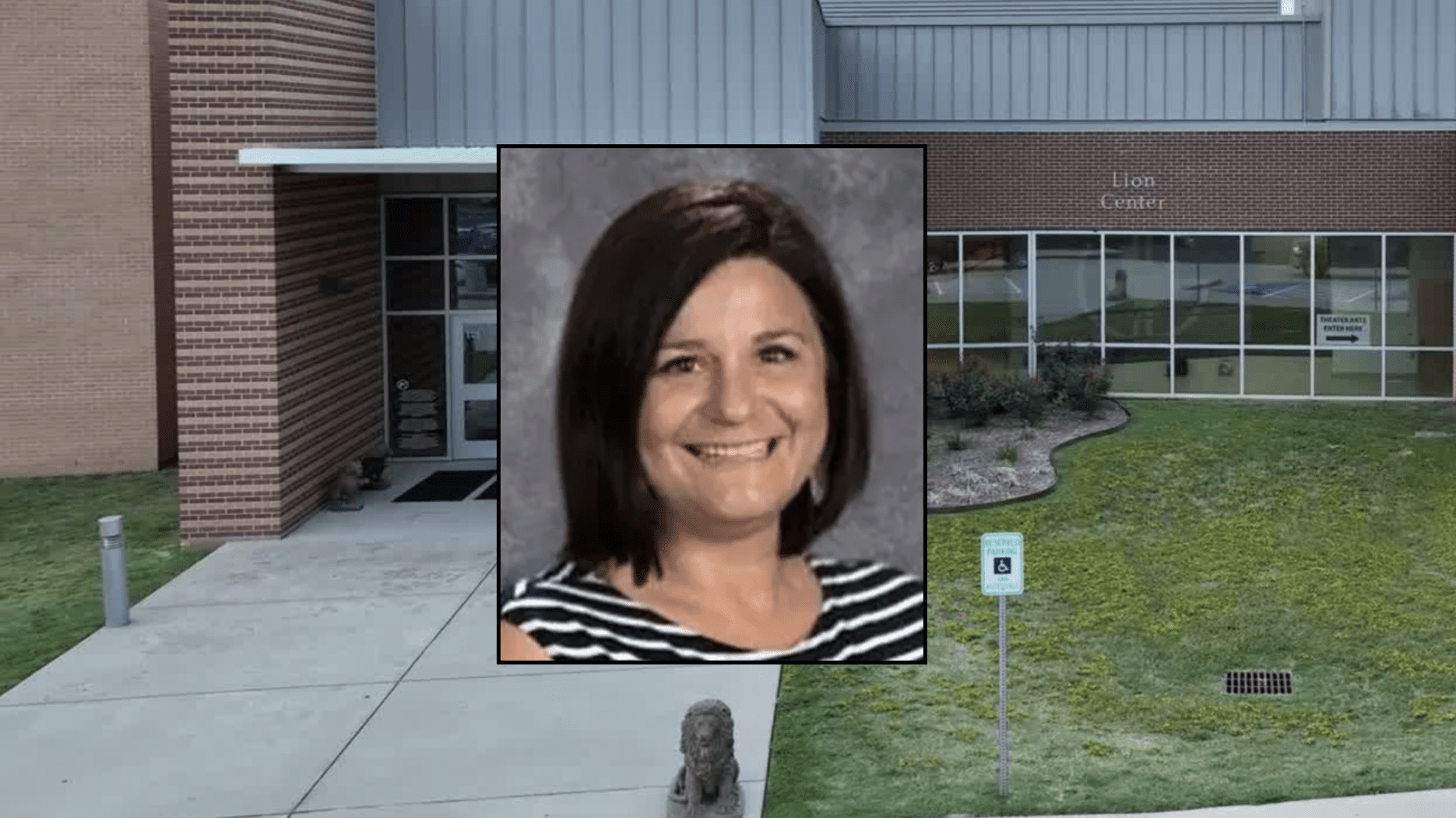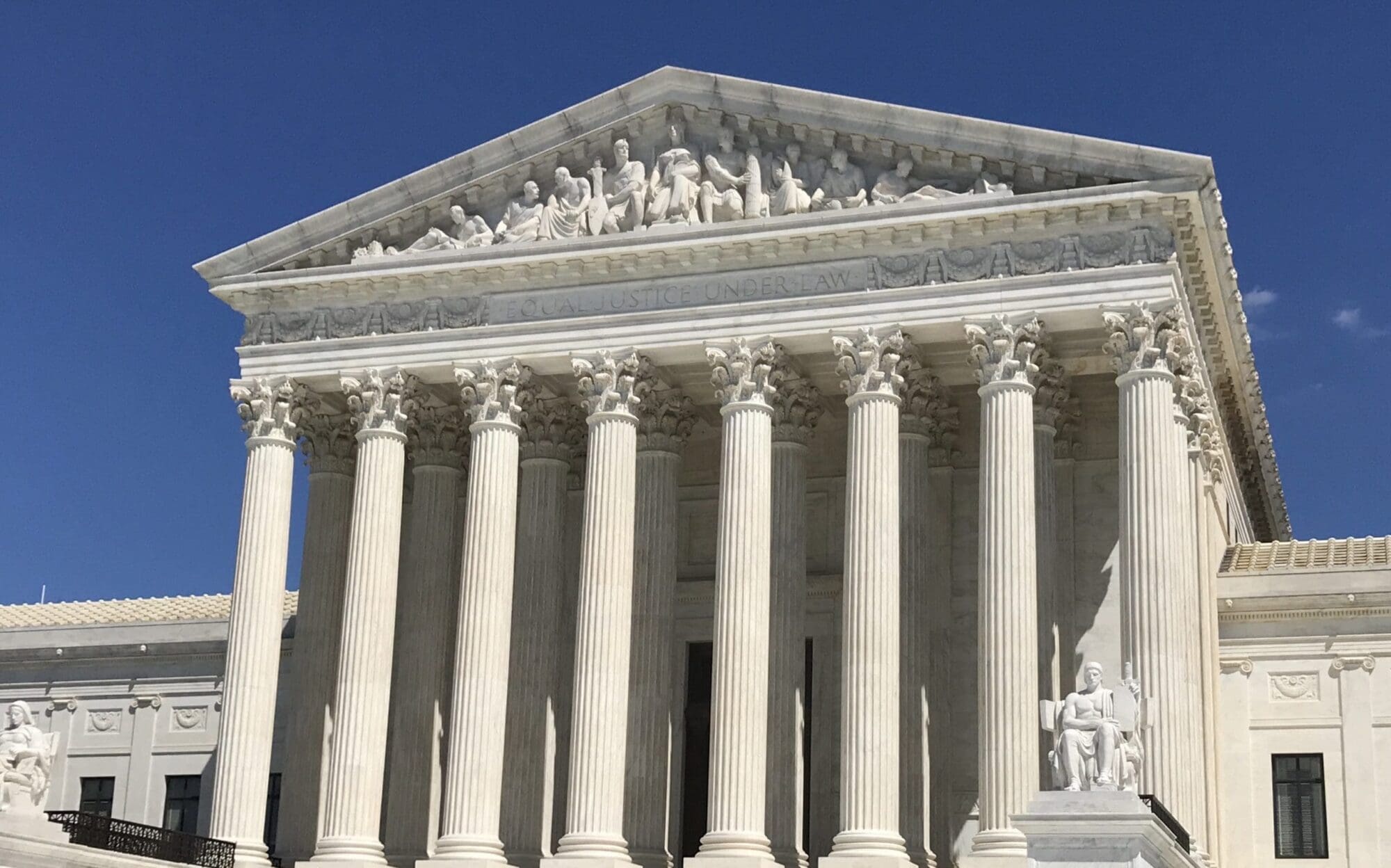Shaken by a drop in the pass rate for school bond propositions to an all-time low of 61 percent last November, Texas educrats got “artful” advice last week on ways to overcome voters’ resistance to approving big bonds that are paid for with property taxes.
One of the strategies proposed: confuse voters about property tax increases—by increasing tax rates.
The strategy was featured in The Art & Science Behind Passing a Bond Election, one of dozens of panels at last week’s SXSW EDU, an education conference that’s an offshoot of the South by Southwest festival in Austin.
It reveals a disconnect between the people who promote school bonds and the voters who are taxed to pay for them—with some being taxed out of their homes.
“This November was a wake-up call that said things you’re doing aren’t working,” said panelist Chris Huckabee, CEO of Huckabee, Inc., an architecture firm that specializes in designing bond-financed school projects.
School district officials routinely tell voters that school bonds will not raise their property taxes because the district doesn’t plan to raise the tax rate.
But a 2019 law (House Bill 3) now requires every school bond proposition to include language on the ballot stating, “This is a property tax increase.”
Huckabee blamed the new law, along with angry parents and uneducated voters who go to the polls in November elections, as the reason fewer school bonds are passing.
He said the new ballot language is bad for business.
School bond propositions ask local voters to approve new debt for districts to spend on things like new schools, building renovations, and athletic facilities—Huckabee’s business.
Bond debt is repaid (with interest) by local property taxes. Thus, all school bonds increase local property tax obligations, even if a district’s property tax rate stays the same. Districts also know tax bills will go up if property values increase, without a rate change.
Since voters approve all extra taxes needed to repay the debt as part of bond propositions, districts can also raise the tax rate without additional voter approval.
Yet Huckabee and other school bond proponents, including two superintendents on the bond election panel, contend the property tax-backed bonds don’t increase property taxes.
He said a voter told him they almost voted against a bond proposition because the ballot said it was a tax increase, while all the bond advertising said it wasn’t.
“Someone’s lying,” Huckabee quoted the voter as saying.
Huckabee claims it’s the ballot language that’s lying, not him and other bond proponents. He said State Sen. Paul Bettencourt (R–Houston), who supported HB 3, told him the tax-increase ballot language is “political theater” but he’d “stand by this all day because if you didn’t pass this, taxes would go down.”
“I think we’re going to have to embrace this one,” Huckabee told the SXSW EDU attendees.
According to Huckabee, a superintendent told him they’d never do another bond election without a tenth of a penny tax rate increase, so they could tell voters the property tax increase noted on the ballot would only cost them a dollar.
“That’s brilliant!” Huckabee said. “Rather than fighting this, let’s join them. Let’s just start taxing people.”
Of course, people are already being taxed to pay for the bonds. And more bonds mean more taxes.
Huckabee said districts should handle the tax issue in one of two ways.
“Do a tiny tax increase; or educate, educate, educate,” he said. “But don’t ignore it, because your supporters will get surprised at the polls.”
“Next time, let’s just add a tax increase so we’re not trying to explain it to people,” said panelist Mike Martindale, superintendent of College Station ISD.
Voters in his district approved more than $78 million in bonds for renovations and technology in 2021, but voted down an athletic bond. Martindale said he plans to ask for a bigger bond soon.


“We went out and told everyone, ‘It is not a tax rate increase, despite what it says all in caps [on the ballot],’” said Tomball ISD Superintendent Martha Salazar-Zamora. Her district passed two of its 2021 bond propositions totaling $495 million, while three smaller bonds for athletic facilities failed.
But like Martindale, she said her “fast-growth” district needs more money from taxpayers.
“We passed a half-billion-dollar bond, and we’re still going to have a problem,” she said.
She touted 2017 bond projects that included a “beautiful stadium” and the “largest event center in the area,” but said in 2021, “We got everything we needed for growth, but nothing we wanted for anything else.”
Another strategy she used in 2021 was looking at a list of every teacher and staff member to see who wasn’t voting. She said it “helped us get over what we needed” to pass the bonds.
Salazar-Zamora agreed districts should simply include a small tax rate increase with their bonds and use it to explain the tax-increase ballot language to voters.
Huckabee said districts’ other option is to pass big bonds up to the statutory 50-cent cap on the property tax rate for repaying debt, if their community will trust with them with that much spending power.
All three emphasized the importance of trust and transparency.
The rest of the SXSW EDU schedule was heavy on racial equity and social justice, with topics like critical race theory, diversity equity & inclusion, social emotional learning, white supremacy, Drag Queen Story Hour, and gender-LGBTQ issues.





